7 things our founders believed about public education
With all of the attacks on public education recently, I wanted to know what our founding fathers thought about education.
I found that our founders believed education was critical for democracy and avoiding an “aristocracy of wealth,” that it should be available to all, that is should be free from religion and ideology, that it should be equal for all citizens, that it should be public, and that the investment was worth the cost.
I thought it might be useful to post some of their quotes and talk about what we believe when it comes to public education.
1. Education is critical for democracy
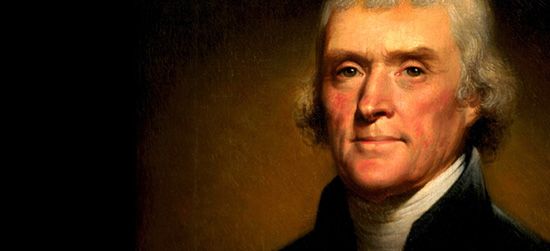
Thomas Jefferson in a letter to George Wythe, 1786:
I think by far the most important bill in our whole code is that for the diffusion of knowlege among the people. No other sure foundation can be devised for the preservation of freedom, and happiness.
1. Education is critical for democracy (continued)
Samuel Adams in a letter to James Warren, 1779:
If Virtue & Knowledge are diffused among the People, they will never be enslav’d. This will be their great Security.
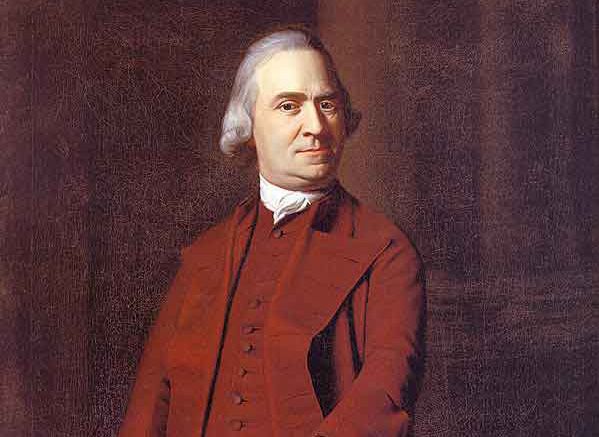
Thomas Jefferson in a letter to William Jarvis, 1820:
I know no safe depositary of the ultimate powers of the society but the people themselves; and if we think them not enlightened enough to exercise their control with a wholesome discretion, the remedy is not to take it from them, but to inform their discretion by education. This is the true corrective of abuses of constitutional power.
2. Education prevents aristocracy and leads to a meritocracy
Jefferson was almost prescient in his belief that societies tend to move toward concentrated wealth. He believed public education would create a meritocracy rather than an aristocracy.
Autobiography of Thomas Jefferson, 1821:
Instead of an aristocracy of wealth, of more harm and danger than benefit to society, to make an opening for the aristocracy of virtue and talent, which nature has wisely provided for the direction of the interests of society and scattered with equal hand through all its conditions, was deemed essential to a well-ordered republic.
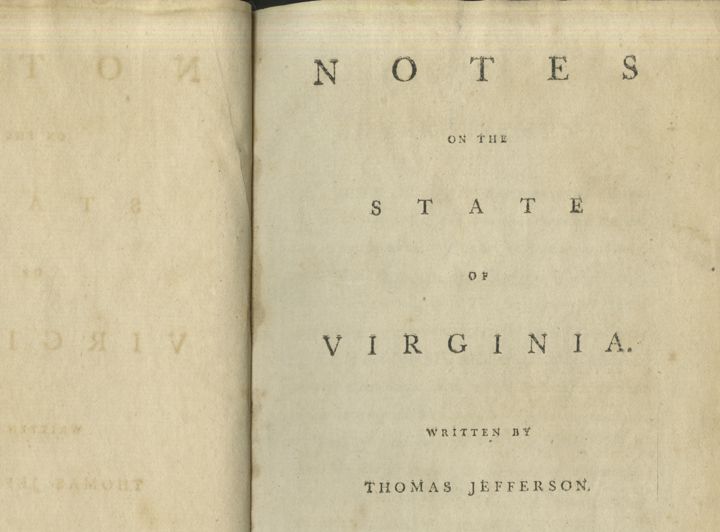
Thomas Jefferson’s Notes on Virginia, 1782:
By that part of our plan which prescribes the selection of the youths of genius from among the classes of the poor, we hope to avail the state of those talents which nature has sown as liberally among the poor as the rich, but which perish without use, if not sought for and cultivated.
3. Education should be available to everyone
Thomas Jefferson in a letter to M. Correa de Serra, 1817:
The object [of my education bill was] to bring into action that mass of talents which lies buried in poverty in every country for want of the means of development, and thus give activity to a mass of mind which in proportion to our population shall be the double or treble of what it is in most countries.
4. Education should be free from religion and ideology
Thomas Jefferson in a Report to the President and Directors of the Literary Fund, 1822:
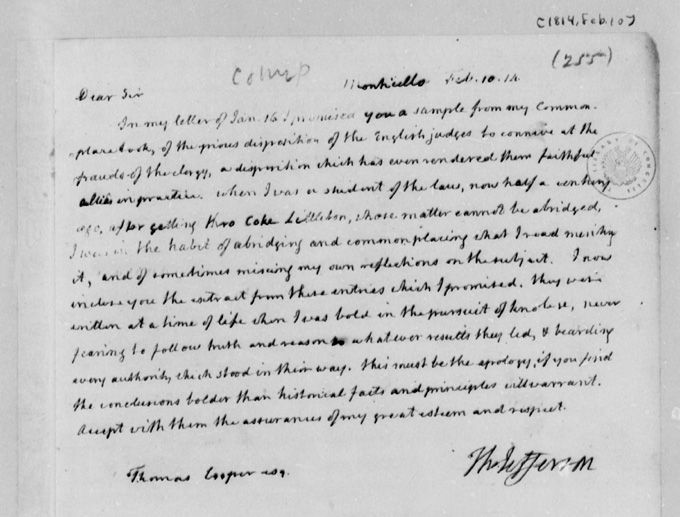
Thomas Jefferson to Thomas Cooper, 1822:
After stating the constitutional reasons against a public establishment of any religious instruction, we suggest the expediency of encouraging the different religious sects to establish, each for itself, a professorship of their own tenets on the confines of the university, so near as that their students may attend the lectures there and have the free use of our library and every other accommodation we can give them; preserving, however, their independence of us and of each other. This fills the chasm objected to ours, as a defect in an institution professing to give instruction in all useful sciences… And by bringing the sects together, and mixing them with the mass of other students, we shall soften their asperities, liberalize and neutralize their prejudices, and make the general religion a religion of peace, reason, and morality.
5. Education should be equal for all citizens
This is a particularly critical belief supporting public schools. Markets lead towards “pay to play” – tiered levels of service based on what people can afford.
Thomas Jefferson in a letter to Joseph C. Cabell, 1818:
A system of general instruction, which shall reach every description of our citizens, from the richest to the poorest, as it was the earliest, so will it be the latest, of all the public concerns in which I shall permit myself to take an interest.
Thomas Jefferson in a reply to the American Philosophical Society, 1808:
I feel … an ardent desire to see knowledge so disseminated through the mass of mankind that it may, at length, reach even the extremes of society: beggars and kings.
6. Education should be public
Thomas Jefferson in his 6th Annual Message:
Education is here placed among the articles of public care, not that it would be proposed to take its ordinary branches out of the hands of private enterprise, which manages so much better all the concerns to which it is equal; but a public institution can alone supply those sciences which, though rarely called for, are yet necessary to complete the circle, all the parts of which contribute to the improvement of the country, and some of them to its preservation.
Thomas Jefferson’s Notes on Virginia, 1782:
An amendment of our constitution must here come in aid of the public education. The influence over government must be shared among all the people. If every individual which composes their mass participates of the ultimate authority, the government will be safe; because the corrupting the whole mass will exceed any private resources of wealth: and public ones cannot be provided but by levies on the people. In this case every man would have to pay his own price. The government of Great-Britain has been corrupted, because but one man in ten has a right to vote for members of parliament. The sellers of the government therefore get nine-tenths of their price clear. It has been thought that corruption is restrained by confining the right of suffrage to a few of the wealthier of the people: but it would be more effectually restrained by an extension of that right to such numbers as would bid defiance to the means of corruption.
7. Public investment in education is worth the cost
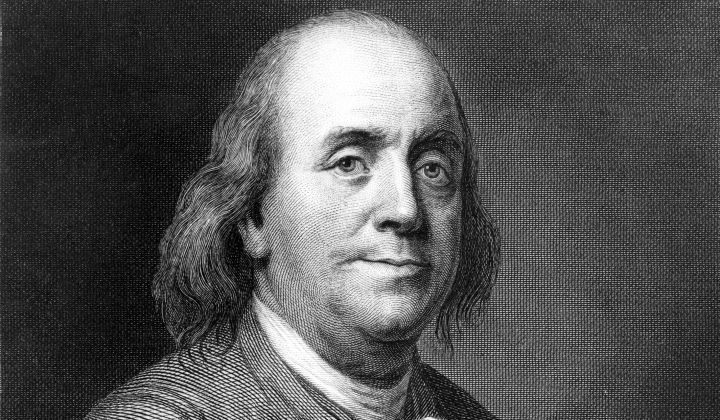
Ben Franklin, as quoted in Exercises in English Grammar (1909) by M. A. Morse:
If a man empties his purse into his head no man can take it from him. An investment in knowledge pays the best interest.
John Adams from his 1776 Papers:
Laws for the liberal education of youth, especially of the lower class of people, are so extremely wise and useful, that, to a humane and generous mind, no expense for this purpose would be thought extravagant.
John Adams in The Works of John Adams, Second President of the United States: With a Life of the Author, Notes and Illustrations, 1854:
The whole people must take upon themselves the education of the whole people and be willing to bear the expenses of it. There should not be a district of one mile square, without a school in it, not founded by a charitable individual, but maintained at the public expense of the people themselves.
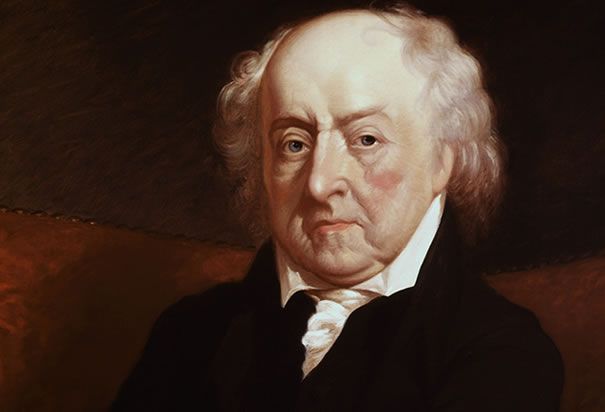
What should education consist of?
Noah Webster in On the Education of Youth in America:
It is an object of vast magnitude that systems of education should be adopted and pursued which may not only diffuse a knowledge of the sciences but may implant in the minds of the American youth the principles of virtue and of liberty and inspire them with just and liberal ideas of government and with an inviolable attachment to their own country.
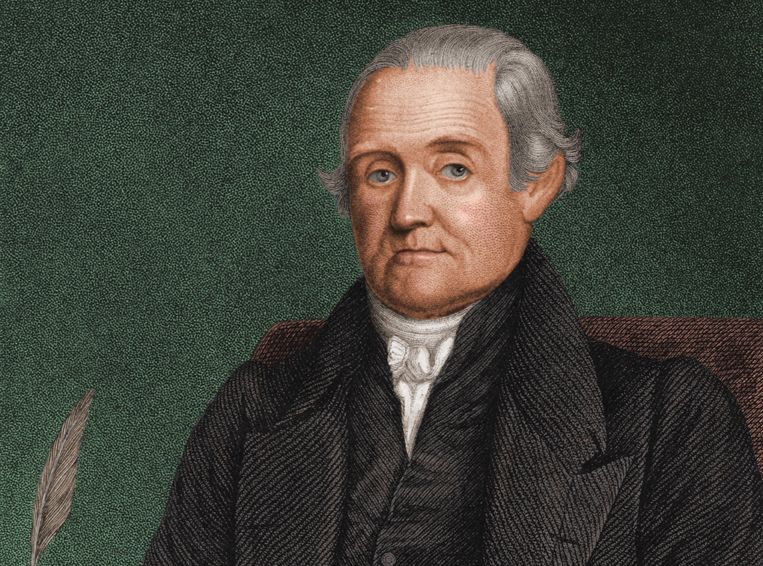
Thomas Jefferson in a letter to J. Bannister, Jr., 1785:
What are the objects of an useful American [college] education? Classical knowledge, modern languages, chiefly French, Spanish, and Italian; Mathematics, Natural philosophy, Natural history, Civil history, and Ethics. In Natural philosophy, I mean to include Chemistry and Agriculture, and in Natural history, to include Botany, as well as the other branches of those departments.
Coda
The marketing campaign to privatize education has been in full swing since Waiting for Superman.
Rather than telling people this is wrong or this is propaganda, I’ve found it more helpful to talk about my beliefs when it comes to public education and democracy. Quotes from our founders can help make this case.
Are there any great quotes from our founders about education you’ve heard? Any beliefs you would add?
Cross posted at Daily Kos. David Akadjian is the author of The Little Book of Revolution: A Distributive Strategy for Democracy (ebook now available).










